
Tinubu Delivers on Key Promise: ‘Reduce the Purchasing Power of Nigerians’
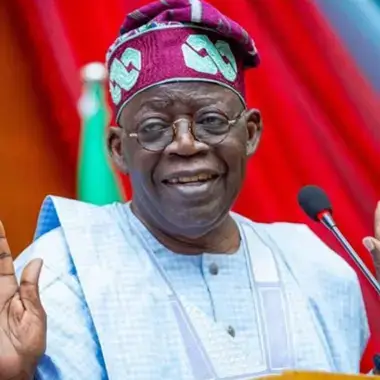
In what may be the first promise he has successfully fulfilled since taking office, President Bola Tinubu appears to have made good on a shocking but now undeniable goal;
The dramatic reduction of Nigerians’ purchasing power.
While the quote was once dismissed as a slip of the tongue or taken out of context during his 2022 pre-election economic forum appearance, today, in 2025, it has become a reality for millions.
Under Tinubu’s regime, prices have skyrocketed, incomes have remained stagnant, and entire classes of people are being pushed below the poverty line at an unprecedented rate.
Between May 2023 and August 2025:
- The naira has lost over 75 per cent of its value, now hovering around ₦1,600 to $1.
- Fuel prices have tripled following the abrupt removal of subsidies.
- Electricity tariffs have climbed by over 300 per cent, despite worsening supply.
- An egg sells for ₦250, turning omelettes into status symbols.
- Sachet (pure) water jumped from ₦20 to ₦50, with some vendors calling it “liquid gold.”
- Food inflation hit a staggering 48 per cent year-on-year, with staples like rice, garri, and bread now out of reach for low-income families.
In quick succession, Tinubu’s economic team has rolled out a dizzying array of taxes and surcharges:
- A 5 per cent fuel surcharge, which is effective from 2026.
- Reinstated 4 per cent customs FOB levy on imports.
- Digital transaction fees, banking charges, and even discussions around a “road usage fee.”
Combined with currency devaluation and high borrowing costs, the result has been an economy where basic consumption is now a luxury.
Meanwhile, the regime insists these are “reforms” and that Nigerians should “tighten their belts”, a strange message to citizens who no longer have belts or trousers that fit.
While the IMF, World Bank, and rating agencies continue to applaud the reforms as “painful but necessary,” Nigerians say the pain is now permanent.
The President’s economic blueprint has remained consistent in one respect: it rewards elite capital and punishes consumer demand.
Every single policy this administration has enacted contributes directly to reducing the average Nigerian’s ability to buy anything. If this was the plan, then yes, Tinubu has delivered.
Even his supporters now admit things are hard, very hard.
With despair growing, young Nigerians are voting with their feet. Over 500,000 have emigrated since 2023, citing unbearable economic hardship.
The only sector growing under Tinubu is JAPA, the escape industry
Despite the economic pressure, Tinubu’s regime has yet to announce any meaningful social safety net. The President remains largely absent from national conversations on hardship, opting instead to speak through media surrogates who often blame global markets or previous administrations.
Meanwhile, state governors echo his approach, implementing their levies and cuts, further shrinking household budgets nationwide.
Bola Tinubu was mocked for suggesting that reducing purchasing power might be a viable economic tactic.
Today, Nigerians aren’t laughing because he did it.
Read More:
- Nigerian Stars Chiamaka Nnadozie, Madugu Named in 2025 Ballon d’Or Shortlist
- WAEC Shuts Down Result Portal Over Glitch, As Public Outcry Mounts Over Poor 2025 WASSCE Results
About The Author
%s Comment
Leave a Reply Cancel reply
Related Articles
Tinubu Follows Gumi’s Lead as Nigeria Signs Turkey Defence Deal, Fueling Speculation Over Who Really Controls the Country’s Security Policy
Nigeria’s diplomatic and security strategy is once again under scrutiny after a...
ByWest Africa WeeklyJanuary 28, 2026Burkina Faso President Ibrahim Traoré Reviews 2025 Achievements, Sets Ambitious Agenda for 2026
Burkina Faso’s President, Ibrahim Traoré, has described 2025 as a year of...
ByWest Africa WeeklyJanuary 28, 2026Mali Says Reports of New Three-State Sahel Currency Are False but Talks Continue on Economic Integration
Mali’s government has rejected claims that it and its neighbours, Burkina Faso...
ByWest Africa WeeklyJanuary 28, 2026CBN Upgrades Opay, Moniepoint, Kuda and Others to National Licences
The Central Bank of Nigeria has upgraded the operating licences of several...
ByWest Africa WeeklyJanuary 28, 2026


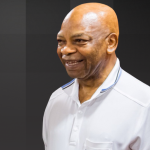
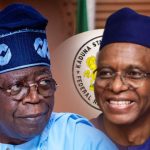



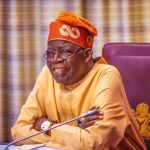
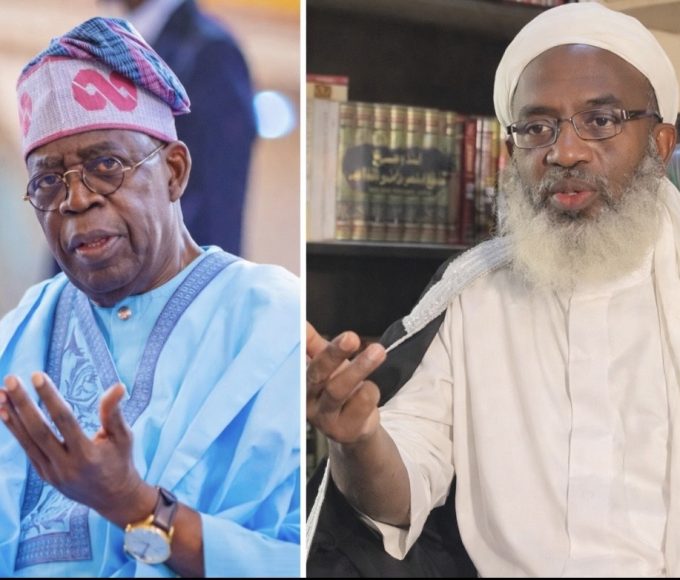


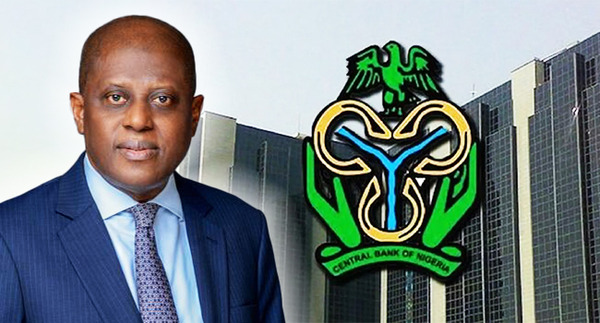
The situation of the economic hardship is a terrible one that parents are disappearing from homes because the situation has rendered them helpless, it isn’t easy at all.